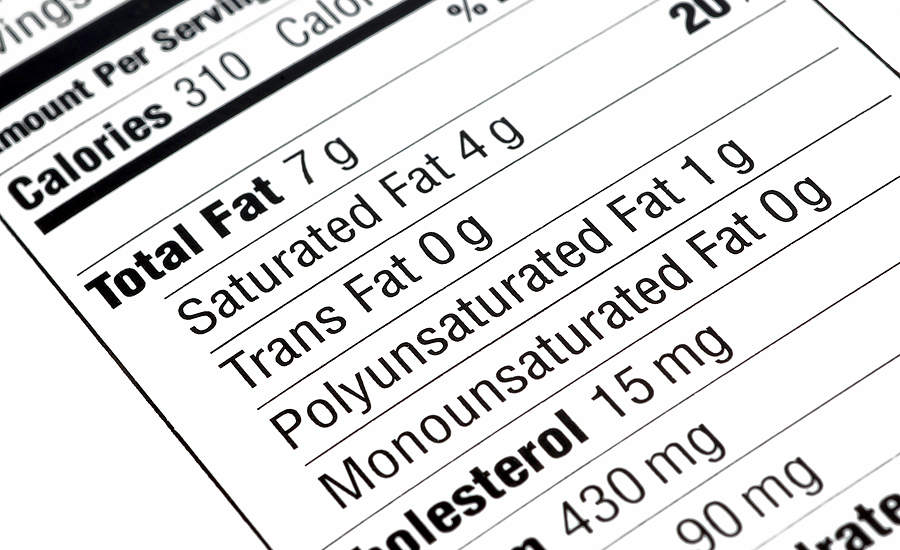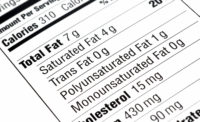Study reveals U.S. consumers seek clarity from retailers on food labeling
The researchrevealed 76% of U.S. consumers have unintentionally consumed food restricted from their diet.

Nearly 33% of Americans who have accidentally purchased food that does not align to their dietary requirements do so on a weekly basis, 49% of which said it was due to poor labeling, according to new research by Spoon Guru, London. The study was commissioned to look into the struggles of U.S. consumers that have food allergies, intolerances or lifestyle diets.
The research also revealed 76% of U.S. consumers have unintentionally consumed food restricted from their diet, with the No. 1 reason being that over half of respondents (52%) were served the wrong food as an error by waiting staff in bars and restaurants. Meanwhile, 37% listed poor food labeling as the second most common reason for purchasing incorrect products.
The worst affected were vegans, with 45% saying they suffer the most from vague or non-existent ingredient labeling when trying to find the right food. Analyzing how female consumers fare against males, the data revealed that a third of men (34%) made errors when there were no product labels, whereas only a quarter of females (25%) made the same mistake.
While grocery shopping is a simple task for most, almost 30% of those surveyed find it daunting. The data found Americans aged between 25-44, who have some form of exclusion diet, struggle the most when shopping for foods online or at supermarkets. The research also revealed that vegans and vegetarians have the greatest challenge when it comes to food discovery, with 41% finding it difficult to match products to their preferences.
Here’s some other key findings from the report:
- Consumers struggle to find suitable foods across the board. Eating out, dining with friends or family and shopping are big problem areas. Only 7 % have no problems at all.
- A lack of clear labeling and human error are the main reasons why people accidentally eat foods that don’t comply with their diets.
- 33% of respondents say that mistakes happen at least once a week.
- Vegans suffer the most from a lack of food labeling.
- The younger the consumer, the more likely he/she consumes foods that don’t match their dietary preferences.
- Looking at shopping specifically, the younger age groups are also more likely to struggle with grocery shopping.
- Men admit to making more mistakes than women when there are no product labels.
- Keto shoppers spend the most time to ensure compliance with their diet.
- 76% of U.S. consumers believe technology will play a key role in improving food ingredient transparency while only 5% disagreed...
Summary
With an increase of U.S. consumers adopting exclusion diets, whether due to an allergy or intolerance or simply just a lifestyle choice, there is a clear need to make food discovery more inclusive.
The study found there is overwhelming support (86%) for the idea that retailers should go above and beyond the current regulations to improve ingredient clarity, and the general feeling among U.S. consumers is for on-trade and off-trade retailers to take more accountability where food labeling is concerned.
The data also revealed that well over half of consumers (76%) believe that the use of technology will be a key enabler to solving the shortcomings surrounding food labeling transparency.
About the survey respondents
Data was collected in December 2018 from a survey of 2,000 U.S. adults who follow a lifestyle diet or have a food intolerance or allergy.
Looking for a reprint of this article?
From high-res PDFs to custom plaques, order your copy today!





